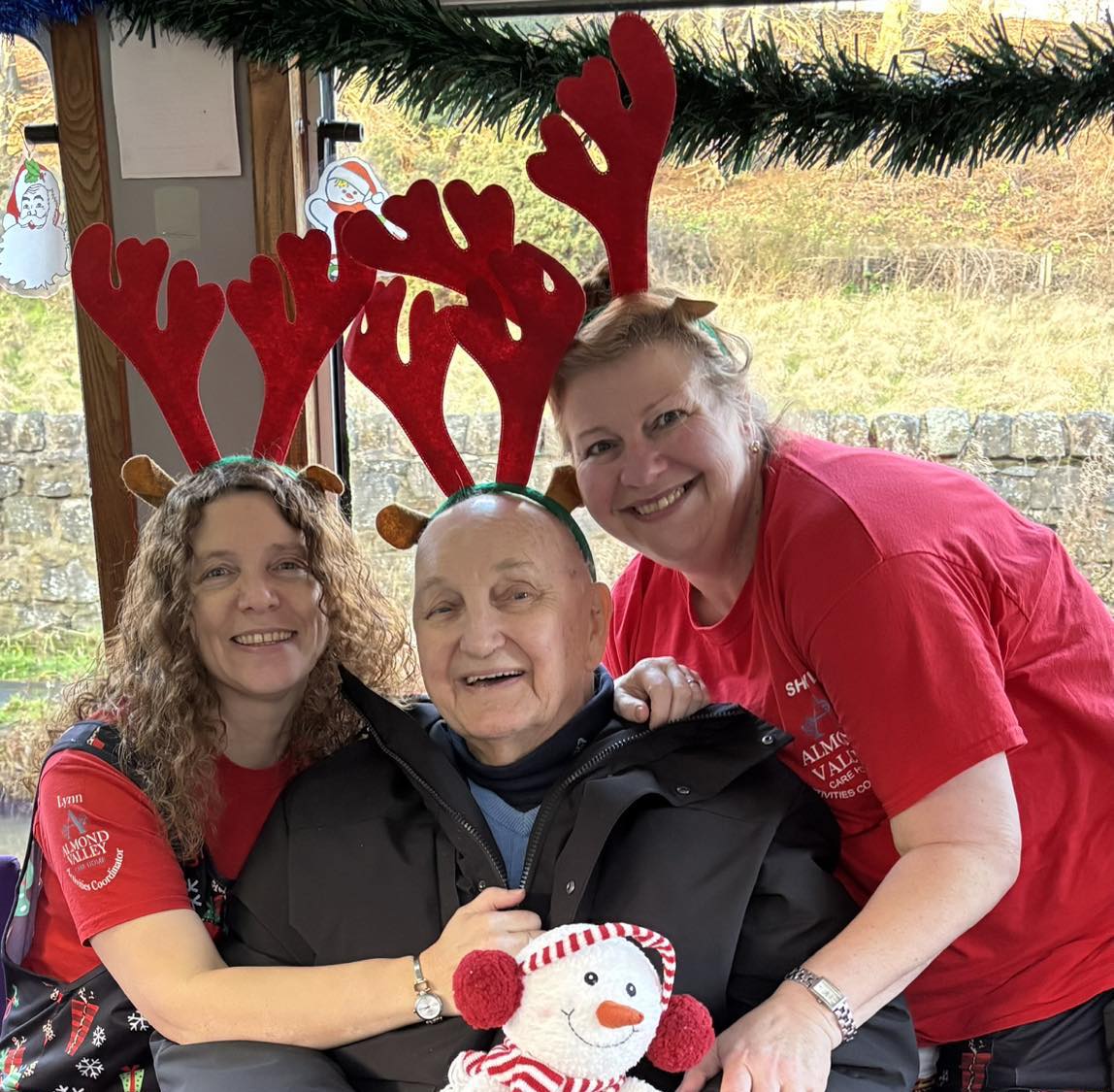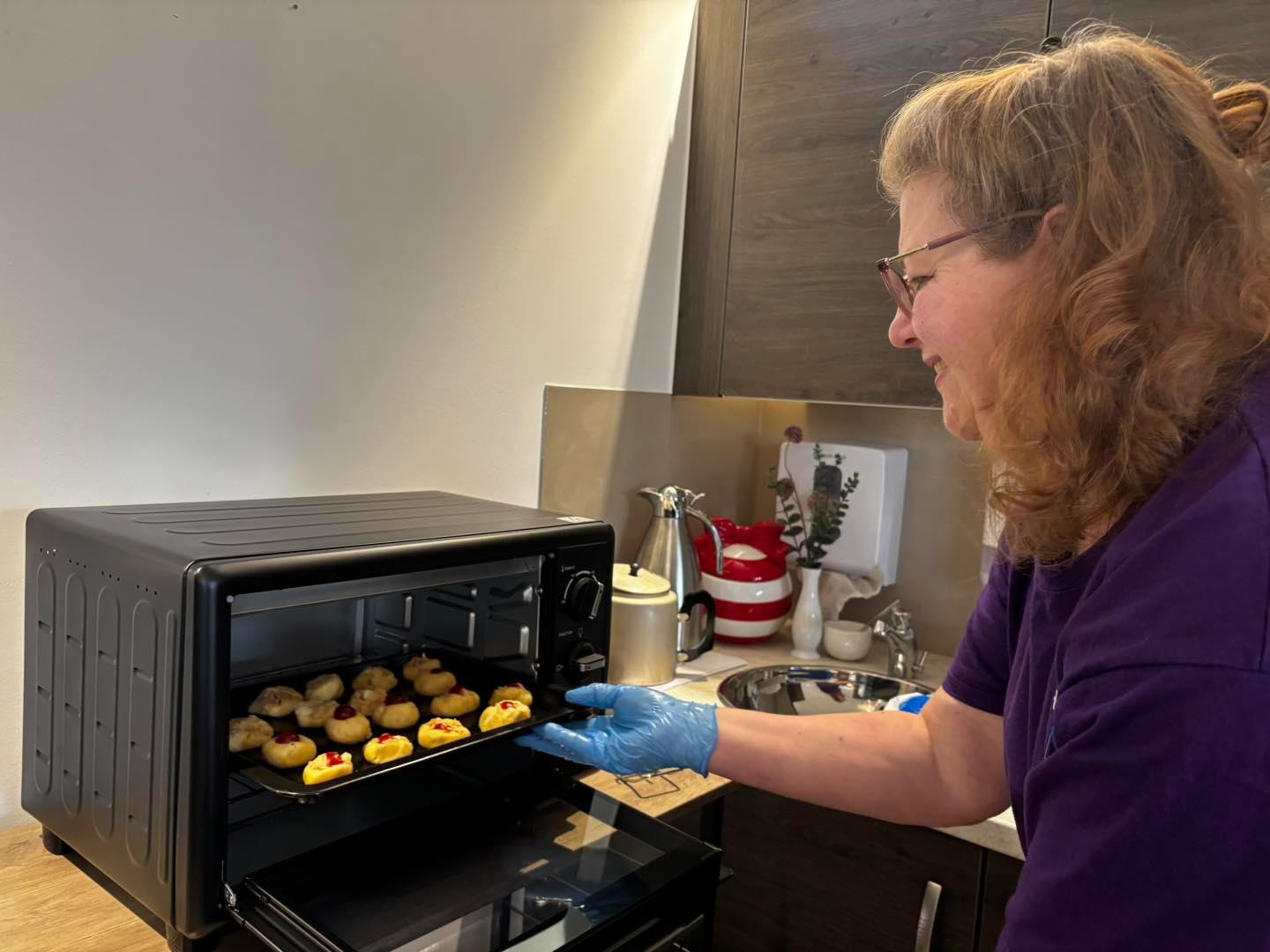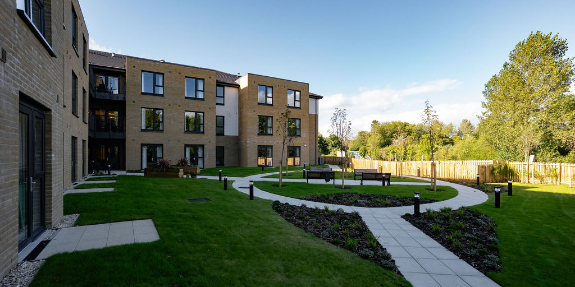How Care Homes Support Dementia Residents With Activities

How Do Care Homes Support Dementia Residents with Meaningful Activities?
A person with dementia should always be supported with meaningful activities that help to improve mood and cognitive function. Engaging in daily life activities can enhance mood and cognitive function by providing mental stimulation and a sense of accomplishment.
Activities and sensory activities can be beneficial for brain health and help slow down symptoms of dementia. Creative activities like painting, music, and crafts can stimulate cognitive functions and offer emotional expression.
Apart from health, stimulating activities also improve life quality and a more fulfilling stay at a care home.

Choosing Activities to Support a Resident with Dementia Based on the Person's Current Abilities
Focusing on a loved one’s unique interests is a great way to support them during their stay. If we can find activities that include someone’s favourite interests or abilities, we’ll include them in their day. Activities can be tailored to individuals in the early stages of dementia, promoting personal growth and skill development.
For example, a musician may be encouraged to play with an instrument or listen to their favourite songs and music throughout the day. Another beneficial daily activity could be folding laundry, which helps keep them physically and mentally active.
Someone with an interest in writing could be encouraged to write short stories.
Tactile Activity Ideas
Getting moving is a great way to engage someone with dementia. Tai Chi and Yoga are good examples of tactile activities that are easy to follow and engage the mind. Easy-to-follow steps won’t confuse anyone with memory issues and keep the body healthy.
Another easy physical activity is using play dough to create items. This task ensures residents focus and use their hands to create something, and also helps them express themselves.
Self-Confidence Through Activities
A condition like dementia can be difficult for a person and their self-esteem. Keeping skills and learning new ones can improve someone’s self-confidence. At Almond Valley, we ensure to include daily activities that give residents a sense of accomplishment and encourage them to feel good about themselves.
Stress Relief
Many activities help to combat stress and make life more enjoyable for a person living with dementia. Sensory experiences are a great way to reduce stress and benefit people with dementia. Engaging the person's past interests and strengths is crucial for maintaining meaningful connections with family and friends.
Pet therapy is a great way to add sensory stimulation and reduce stress.
Tasks for Memories and Sensory Experiences
Certain types of tasks can be beneficial for memory. For example, looking through photo albums can help them recall details of their life. It is important to consider pre-existing medical conditions, such as high blood pressure, and consult with a doctor before engaging in physical activities. If you have a family member with dementia, sit down with them and create a picture book of their life experiences. You can look through these picture books and create a conversation with them that helps engage them and improve mental wellbeing.
People affected by dementia often share real-life stories and experiences that provide valuable insights and support. Connecting with these individuals can offer resources for living well with the condition.
Team members are encouraged to find out more about an individual's past life and incorporate this into their life. For example, if someone was a train driver, we might offer a train-themed activity to help the person connect with their memories. A resident with a history of gardening might be encouraged to use the garden and bring their past skills into the activity.
Physical Activity Ideas
Depending on a person's current abilities, they might benefit from more high-energy structured exercise.
Supporting Dementia Residents with Activities
Planning activities for dementia patients will change as dementia progresses. A loved one’s unique needs might change. As part of a care plan, finding out what they find enjoyable or not enjoyable as time progresses is important.
A person’s ability to take an active role in games could change, and activities offered will be updated to reflect this.
Stay Connected
No matter the cognitive ability of people living with dementia, they will all benefit from staying connected with friends and family. Most people with dementia will benefit from being able to talk to their loved ones, whether it is in person or using video calls. Make sure you talk to your loved one on a regular basis.
Almond Valley Dementia Care
Find out more about life at Almond Valley, and our expert memory care team. From inside and outside activities to singing songs or even animal therapy, we always have an engaging day for our dementia residents. Book a tour today or download our brochure to learn more!






